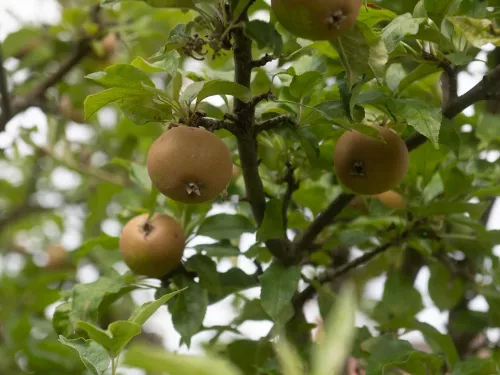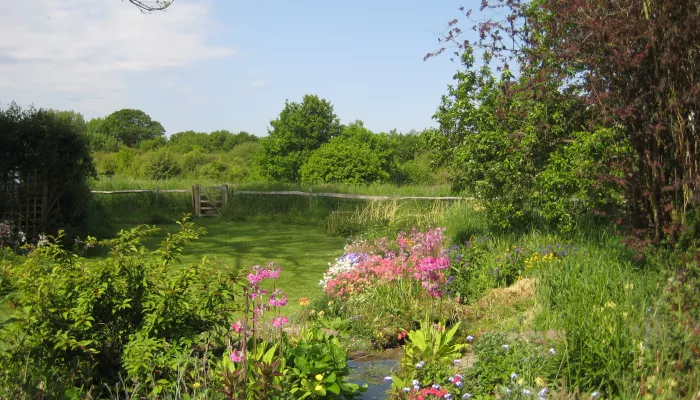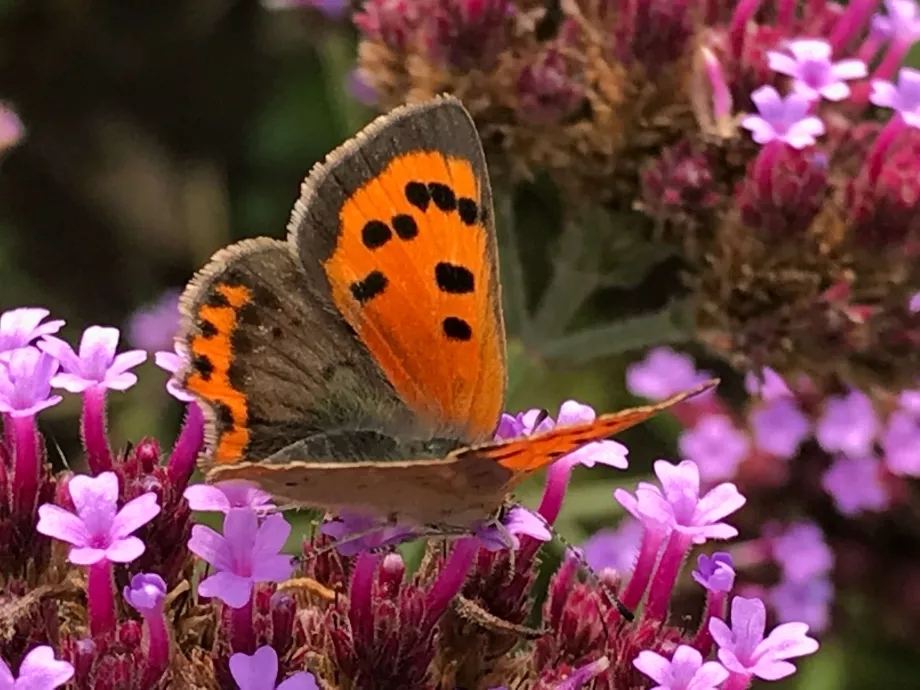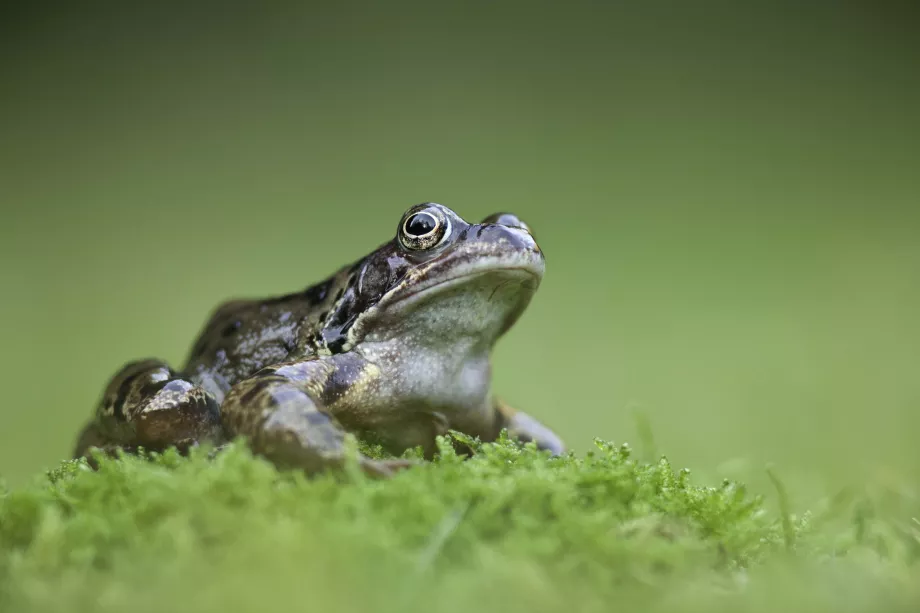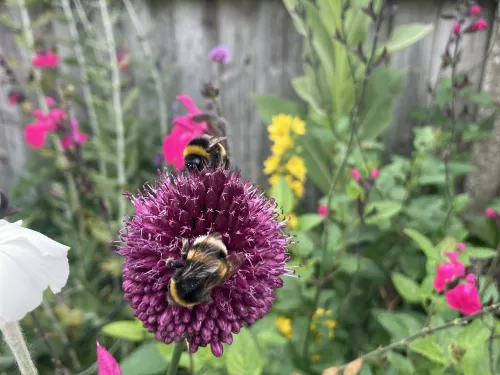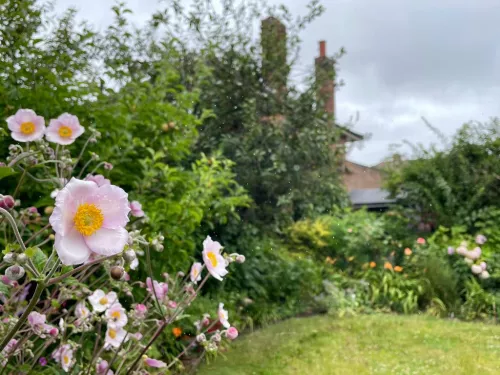Why not start now and create something of long-term value during your enforced isolation at home? Connecting more with nature will help us all to cope better with the stress of the coronavirus pandemic and all the other challenges life throws at us.
We all know that wildlife is struggling, and a major cause of this is habitat loss. Kent Wildlife Trust's ‘Bugs Matter’ survey recently revealed that there were 50% fewer insects found in Kent in 2019 compared to 2004. The effects are devastating for insect-eaters such as swallows whose chicks each need 200,000 insects to reach fledging age.
However, this is not a time for despair but to take action for insects. Gardeners can come to the rescue of our beloved wildlife. They can develop their gardens as a habitat for wildlife and provide valuable corridors to enable creatures to move around to find food or a mate. Even in a small space, you can still make a difference, especially if you talk to your neighbours and encourage them to garden for wildlife. Together, you can provide all the features wildlife needs, which are essentially water, food and shelter.
Water will support wildlife in your garden even if you only have room for a bird bath, though a pond is ideal.
